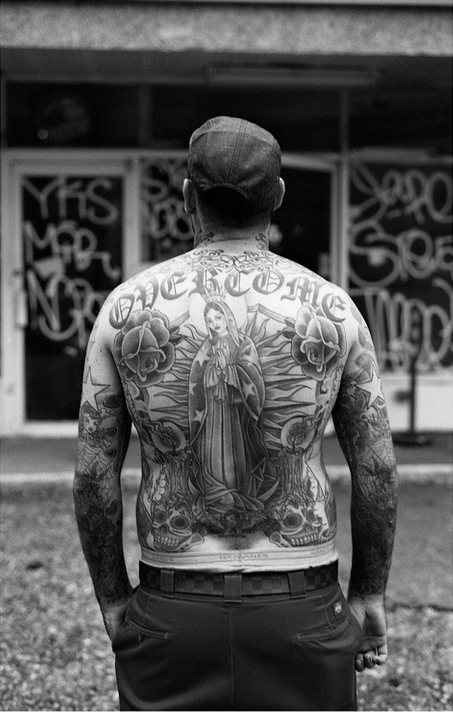You probably missed it, but over the Christmas holiday, Angel Arellano, or “Chunks” as he was known by his street moniker, was shot and killed in a drive-by shooting in Santa Ana. Just another victim of gang-on-gang violence that is much more common than most people think.
The difference with this gang killing is “Chunks” was named in a gang injunction sought by the Orange County District Attorney’s office. With the help of local attorneys he was fighting the injunction, so the order was stayed pending appeal. In order to be named in the injunction, the criteria required “Chunks” be a card-carrying member of the Townsend Street gang.
The terms of the injunction would have required “Chunks” not to associate with other known gang members and adhere to a 10 p.m. curfew.
The ACLU and a handful of community activists are continuing to fight the injunction. Apparently it is seen as racist and encroaching on civil liberties. The Orange County District Attorney’s office has made an assertion if the injunction had been in place “Chunks” might be alive today.
I really don’t know one way or the other if “Chunks” might be alive, but it brings up an interesting point. Gang injunctions are a way of protecting gang members from their own poor decision-making and life choices, which in turn protects the community at large.
If you are prohibited from hanging out with your “homies,” maybe you won’t decide after a night of drinking to do that store beer run that turns into a robbery. Or just maybe you just might not get together and decide it’s a good idea to go looking for that rival gang member who disrespected you months ago.
Groupthink seems to be the standard by which most bad decisions are made by gang members. Keeping them from gathering together in groups protects them as well as community residents. According to the District Attorney’s Office, “Chunks” and his buddies were armed and out looking for trouble when he was shot.
As for being racist, that’s pretty much laughable. For every gang member identified, listed and contacted, there are thousands of other Hispanic youngsters that are going about their day-to-day activities without any issues with the police. It’s behavior and life choices that have gotten them on the list.
In addition, the communities the District Attorney is trying to protect are largely Hispanic. These are families who by and large just want peaceful streets and to feel safe. They also want opportunities to raise their children without the influence of gangs. It’s an influence that can be very strong and hard to overcome, even with some of the best parenting.
For a lot of people it’s impossible to understand what it’s like to live with gang members at your doorstep. The intimidation, violence and crime are a daily occurrence. Of course, these families won’t be interviewed in the media and they won’t challenge the local bullies and others who claim to represent the neighborhood. They have to live there every day in survival mode.
For the community activists and ACLU, I would suggest rather than enabling gang culture that they work on other endeavors. How about volunteering at an after-school homework help center, or maybe mentoring young men and women so they make better choices? Seems these are much more idealistic goals and ones that actually make communities better.
All their efforts so far don’t seem to have done “Chunks” any good at all.
Joe is a retired Anaheim Police Department captain. You can reach him at jvargas@behindthebadgeoc.com
Photo copyright Nathan Congleton
 Behind the Badge
Behind the Badge



